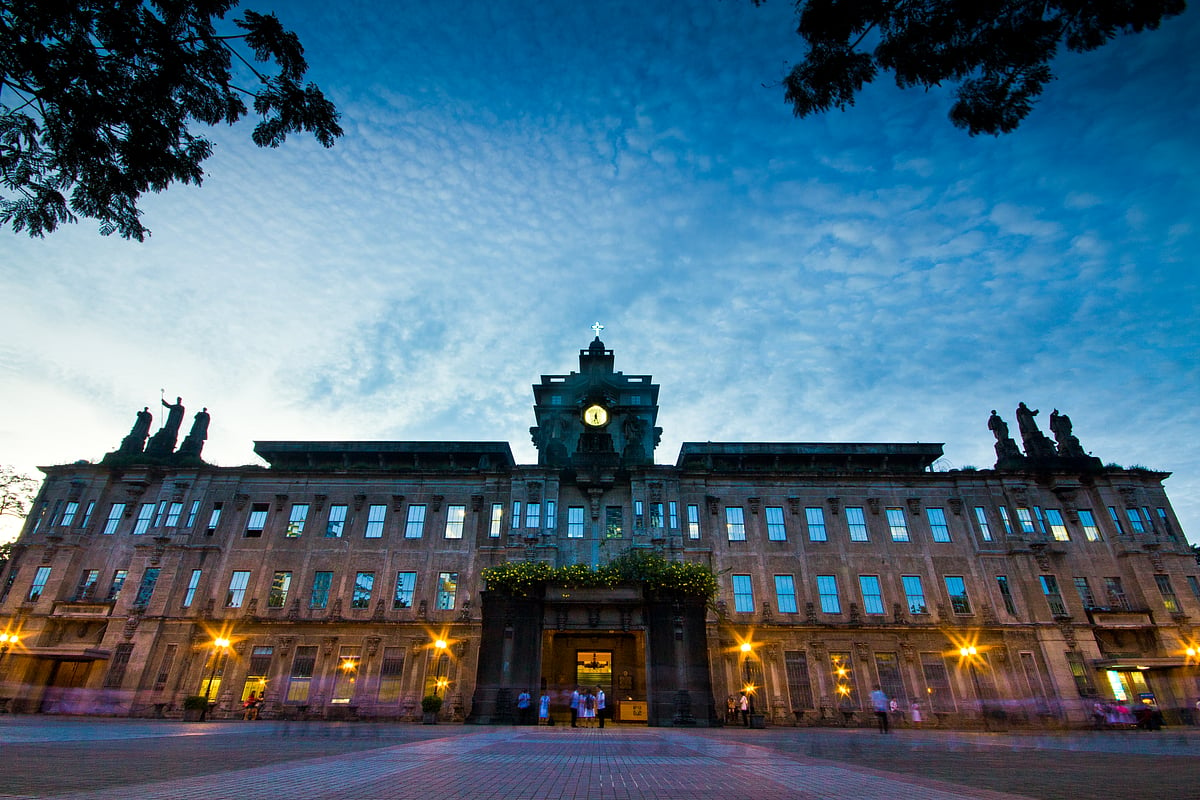An interdisciplinary study by scholars from the University of Santo Tomas (UST) sheds light on how cutting-edge science and Catholic ethics can come together to offer hope for Filipino families battling rare genetic diseases.
Published in the Journal of Religion and Health, a Q1 Scopus-indexed journal by Springer Nature, the paper titled, “Theological and Ethical Perspectives on Gene Editing and the Sanctity of Life,” explores the promise of gene editing technologies like CRISPR-Cas9—a gene editing technology used to make exact changes in DNA sequences—in treating genetic conditions such as Hereditary Tyrosinemia Type I, Duchenne Muscular Dystrophy, and Hunter Syndrome—all of which have a documented presence in the Philippines.
The authors, Assoc. Prof. Mary Anne Chiong, M.D., MSc, FPPS, from the UST Faculty of Medicine and Surgery and UST Hospital, and Assoc. Prof. Allan Basas, SThD, from the Institute of Religion, began their discussion with a scientific overview of gene editing techniques and their potential to treat rare diseases. They spotlight three specific genetic conditions affecting Filipinos as models to explore real-world applications.
Beyond the science, the paper delves into the ethical and theological dimensions of gene editing. Emphasizing the doctrine of Imago Dei (the image of God), the authors argue that any intervention in human genetics must uphold human dignity and moral responsibility. The paper contrasts therapeutic somatic gene editing—which treats disease in individuals—with germline editing, which alters inheritable DNA and raises significant ethical concerns.
Using the See-Judge-Act framework inspired by Catholic social teaching, the authors evaluate gene editing in light of Church teachings on human dignity, offering practical insights for responsibly applying these technologies. The study ultimately encourages the pursuit of healing while safeguarding life’s sacredness.
The study shows that gene editing presents not just medical hope but a profound ethical responsibility. The authors emphasize that, rooted in faith, science must always serve the person and the common good.
In a country where healthcare inequalities persist and faith plays a central role, the study urges collaboration among policymakers, medical professionals, and faith communities. Strengthening the implementation of the Rare Disease Act and investing in ethical gene therapy could transform care for the most vulnerable.

